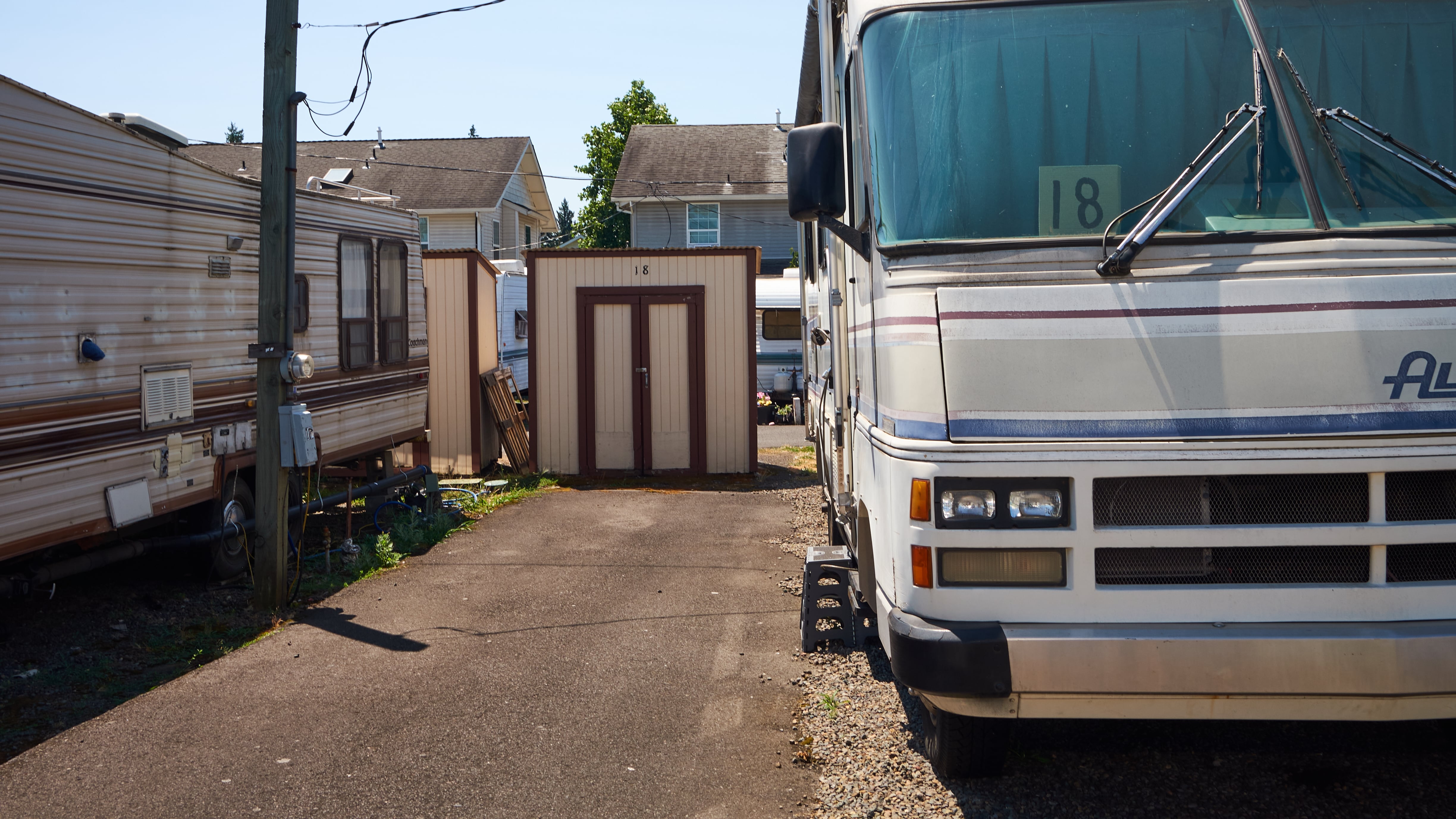It’s hard to know what the final hours were like for the 71 people who succumbed to heat in Multnomah County. That’s because dying from overheating, like so many fatal experiences, is a little different for each person.
Emergency room physician Dr. Mary Carroll Lee, who works at Salem Health, describes the three stages of hyperthermia—that is, death from heat—as a fluid spectrum.
Typically, our bodies successfully fight to keep our internal temperature from rising to meet the outside temperature. The mechanism is simple: We sweat. But at some point, Lee says, “our thermostat goes haywire and becomes maladaptive”—like a broken fan.
The first stage of hyperthermia begins when sweating can no longer keep our bodies at a manageable temperature.
From there, we enter heat cramps. We stop sweating, our bodies start to swell, and our muscles start to seize. It’s uncomfortable, but we don’t feel like we’re dying.
Next comes heat exhaustion: We start to feel lethargic and perhaps cycle in and out of alertness. We might be alert but not know the year or time.
And last comes heat stroke: We’re cycling in and out of consciousness, and there’s often an altered mental state. At this point, some people are no longer aware they’re in pain or discomfort. The cells in our vital organs start to swell; they burst and die.
“It’s like cooking an egg. It cooks and changes permanently,” Lee says. The actual death is often caused by a heart attack or organ failure.
Lee says she’s heard that people might even be filled with euphoria near the end stages of hyperthermia, like those who experience hypothermia—a loss of body heat.
For some, this process happens quickly—sometimes within two or three hours. That’s part of what makes it so lethal: You can go from feeling bothered by the heat to dead in 90 minutes.
Lee worked in the hospital during the heat wave, and saw many elderly people come in and just say they were tired and didn’t know why. “They just said, ‘I just don’t feel well,’’' she recalls. “‘Well, yeah. You’re 103 degrees.’ It sneaks up on them.”
Hospitals had to work swiftly to save the people who made it to their emergency rooms but were already suffering from heat exhaustion or heat stroke.
Several emergency departments across Oregon filled body bags with ice and stuck people in them who needed to cool down. At Salem Health, staff filled up a kiddie pool with cold water from a hose and put it in the ambulance bay, just in case someone needed to get dunked.
